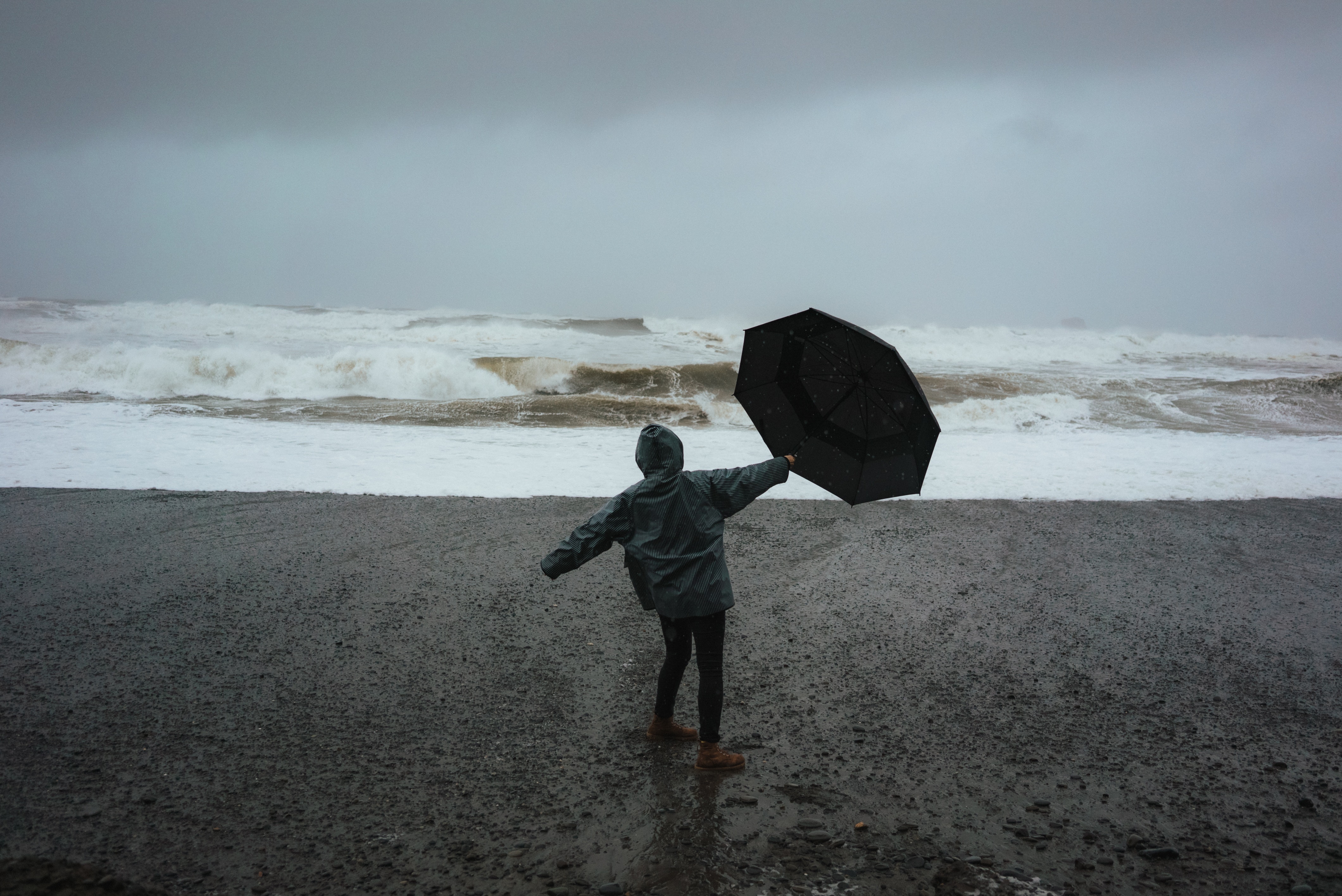Is the pandemic revealing our dark side?
I was talking to a radio host the other day. His name is Drew Remenda, and he’s on 650 CKOM out of Saskatchewan. Drew asked me was whether I thought that the pandemic is turning us all into more negative, uncaring people, or if it’s just revealing the darkness lurking deep in our souls.
I told him that I think it’s neither. In my mind, what’s really going on is that the pandemic is showing us how a lot of people just don’t have the tools for coping with a major, life-changing stress.
Covid has challenged us in ways that we couldn’t imagine, and it looks like many of us aren’t quite up to the challenge. It’s not our fault. No-one has taught us the skills necessary to deal with extreme stresses.
Whether it’s because our parents coddled us excessively, leaving us with minimal abilities to fend for ourselves as adults; because our society values instant gratification and fills our minds with the illusion of control, or because life here in the first world has been so easy and predictable that no-one thought to prepare us for what would happen when it stopped being that way, many of us are totally unprepared to face the challenges presented by the pandemic.
The four main problems with how people are coping:
1. People struggle with “deferred gratification.” This is the ability to put off having something that we want because we understand that it’s better to wait. For example, when I was in medical school I had to put off any fun, knowing that by buckling down and focusing on my studies, I’d achieve my career goals. I could defer the fun until after graduation because the long-term gain was worth the short-term pain. Instead of insisting on traveling or gathering with friends and family right now, people should see that they can enjoy these things again, later on, but that right now, they need to work on tolerating the discomfort of not having them immediately.
2. People don’t know how to self-soothe. A lot of people have been turning to comfort food, alcohol and drugs lately, because they don’t know how to face their feelings head-on and then comfort themselves. Instead of taking the time to tune in, recognize their suffering, and engage in some positive self-talk and/or soothing activities, such as taking a bath or going for a walk in nature, they automatically turn to actions that will distract them from their discomfort, and these distractions don’t work. Instead, they create a vicious circle in which we never feel really soothed.
3. People don’t know how to take responsibility for their suffering. Some people are getting angry at others for no good reason. The stress and uncertainty of the pandemic has filled them with fear and insecurity, but rather than recognize how unsafe and exposed they’re feeling, they become impatient and irritable and then start lashing out. They need to see that their anger has nothing to do with anyone else; it’s just a dysfunctional way of dealing with their feelings of vulnerability during the pandemic.
4. People struggle to let go of control. A lot of people are holding on too tightly to the idea that they have control in their lives, but the pandemic is making it harder and harder for them to do so, which is then causing them more stress. The truth is that control is an illusion. We can’t control anything, really; not other people, not the weather; not even our own bodies. All we can do is make the best possible choices, and do our very best, and then let go of any hopeful fantasy about how things are supposed to work out.
Truths that we need to face:
Nothing is certain; nothing is guaranteed; pain and loss are inevitable whether we like it or not. As soon as we understand all this, we’re going to be a lot less stressed, whether with regard to the pandemic or around anything else in our life. A mentor I worked with in the past, who was a practicing Buddhist, put it this way: always do your best but don’t be attached to the results.
Coping successfully with the stress of the pandemic is about tolerating the discomfort and the uncertainty of the times; being more patient and able to wait for the things that we want; facing and tolerating our feelings of vulnerability in the midst of loss and uncertainty; and last but not least, being able to let go of our illusion of control.
Being able to do all of this is important because if we don’t, we’re likely to suffer unnecessarily; to get caught up in impulsive, even self-destructive behaviours; and to have more conflict-ridden relationships.
On the other hand, if we cope more successfully, we’ll live happier, fulfilling lives with a lot less stress and far more rewarding relationships, both during the pandemic and beyond.
Covid’s silver lining:
There’s a silver lining to the pandemic. It’s been giving us the opportunity to fine-tune our coping strategies and to hone the skills that will help us deal with adversity over the entire course of our life. We really have two choices with Covid-19: to be stuck with bitter lemons or to make lemonade.
The pandemic can bring out the best in us or the worst in us. It is our choice to make. We can behave irresponsibly, immaturely and impulsively, or we can be more thoughtful, conscious and deliberate in our actions. I know which choice I’m going to make. How about you?
__
Sign up here for my free biweekly wellness newsletter that brings you fresh, thought-provoking content.
Subscribe to my YouTube Channel where you’ll learn simple tips for taking the best care of yourself and your loved ones.
Tune in to my Ruthless Compassion Podcast where I go in-depth about topics like mental health, trauma, and loneliness.





